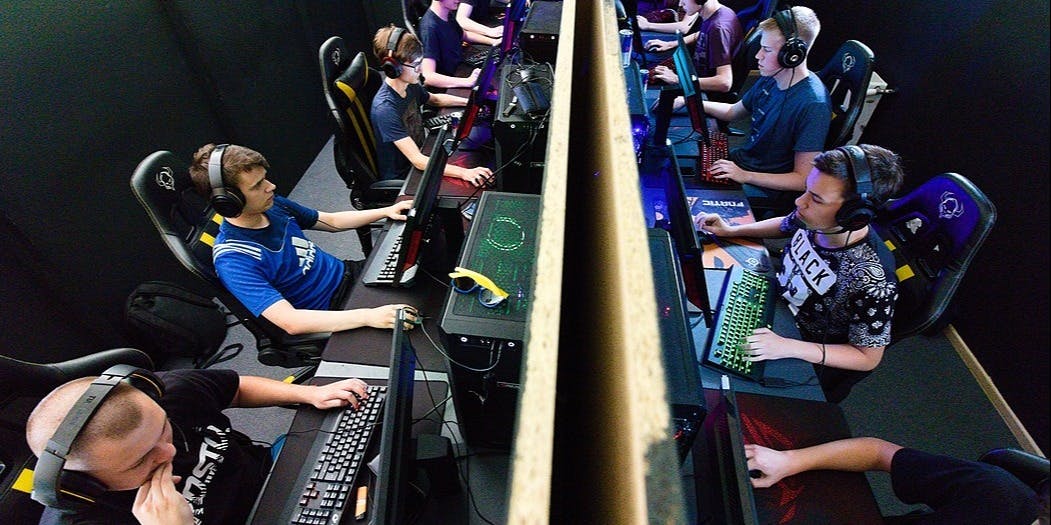706 reads
Could "Play to Earn" Take Over the Gaming Industry?
by
August 2nd, 2019

@SoulcastNFT, @SplootNFT, Clodhoppers @ClaymaticGames, Ex-alien Cryptopunk #9839, CloneX, BAYC, Meebits, Eufloria.
About Author
@SoulcastNFT, @SplootNFT, Clodhoppers @ClaymaticGames, Ex-alien Cryptopunk #9839, CloneX, BAYC, Meebits, Eufloria.
